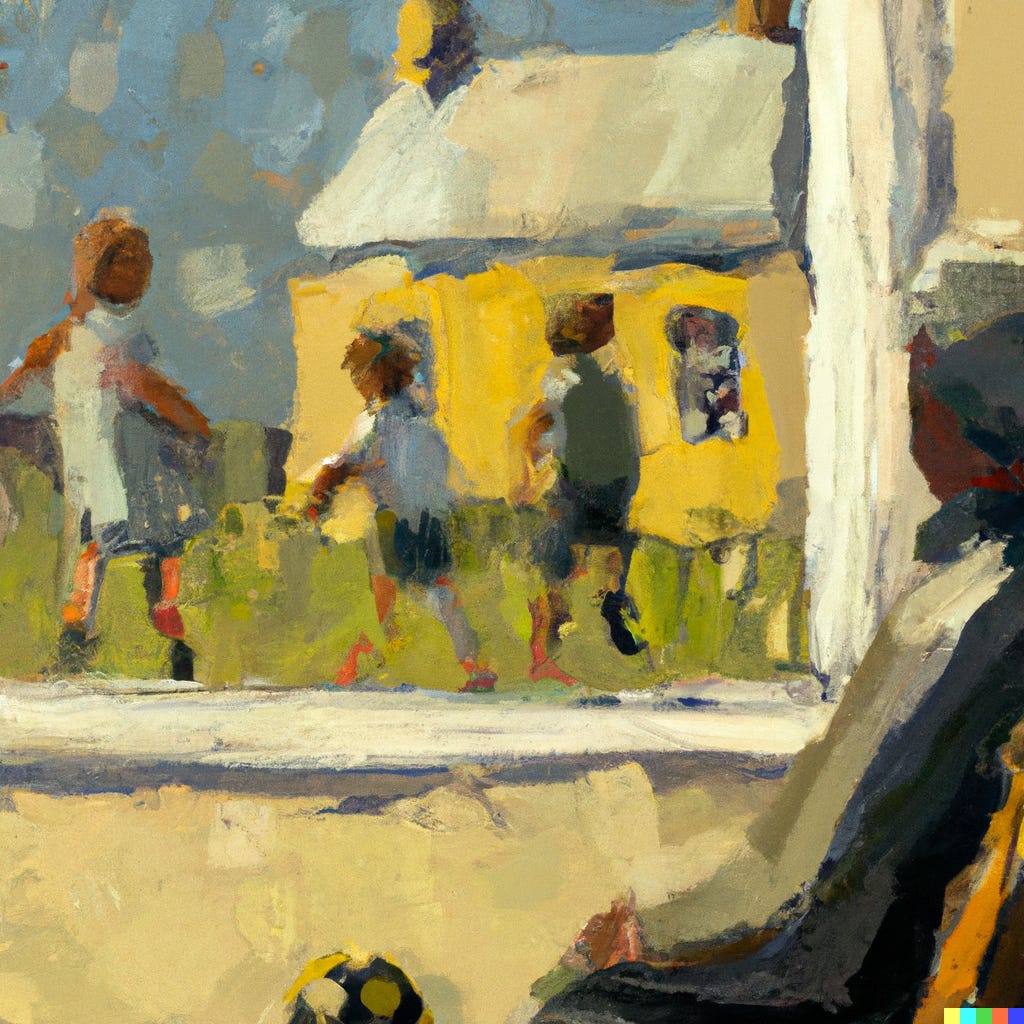Miscellany #4 Lost Time, Poems of Robert Frost & Percy Bysshe Shelley
You squander time as if you drew from a full and abundant supply, though all the while that day which you bestow on some person or thing is perhaps your last. - Seneca
From the Editor
The poem is a nostalgic recollection of the speaker's experiences at St Peter's Library. They remember the musty smell of old books, the magical stairs, and the books that introduced them to the world of literature, including Shakespeare, The Adventures of Pinocchio, and Alice in Wonderland. The speaker fondly remembers spending Christmas Eve reading in the peaceful sanctuary of the library and cherishing the memories that remain with them. The poem ends with the speaker declaring the library to be their idea of heaven.
St Peter's Library
St Peter's Library holds a cherished place,
Where I first discovered the world of books and grace.
The scent of old pages fills the air,
Transporting me back to that sacred lair.
It was there that I heard the name "Shakespeare",
And climbed those magical stairs without a care.
Lost in stories of kings and wonderland,
I relished every moment, every dream, every strand.
I still recall that Christmas Eve,
When I skipped the carnival, choosing to read and believe.
The Adventures of Pinocchio and Alice in Wonderland,
My companions on a journey that was grand.
At age eleven, I knew the truth,
St Peter's Library was heaven, absolute.
Thankful for the memories that will forever stay,
In that sacred space, where I learned to play
The Road Not Taken by Robert Frost
"The Road Not Taken" by Robert Frost explores the theme of lost time by reflecting on the choices we make in life and the roads we do not take. The speaker looks back on a decision made in youth, contemplating how it has shaped his life, and wonders about what might have been.
Two roads diverged in a yellow wood,
And sorry I could not travel both
And be one traveler, long I stood
And looked down one as far as I could
To where it bent in the undergrowth;
Then took the other, as just as fair,
And having perhaps the better claim,
Because it was grassy and wanted wear;
Though as for that the passing there
Had worn them really about the same,
And both that morning equally lay
In leaves no step had trodden black.
Oh, I kept the first for another day!
Yet knowing how way leads on to way,
I doubted if I should ever come back.
I shall be telling this with a sigh
Somewhere ages and ages hence:
Two roads diverged in a wood, and I—
I took the one less traveled by,
And that has made all the difference.
"Ozymandias" by Percy Bysshe Shelley
"Ozymandias" by Percy Bysshe Shelley reflects on the fleeting nature of power and the impermanence of human achievements. The poem depicts a fallen statue of a once-great king, whose boastful inscription has been reduced to rubble by the passage of time. It serves as a reminder of the transience of all things, including power and glory.
I met a traveller from an antique land,
Who said—“Two vast and trunkless legs of stone
Stand in the desert. . . . Near them, on the sand,
Half sunk a shattered visage lies, whose frown,
And wrinkled lip, and sneer of cold command,
Tell that its sculptor well those passions read
Which yet survive, stamped on these lifeless things,
The hand that mocked them, and the heart that fed;
And on the pedestal, these words appear:
My name is Ozymandias, King of Kings;
Look on my Works, ye Mighty, and despair!
Nothing beside remains. Round the decay
Of that colossal Wreck, boundless and bare
The lone and level sands stretch far away.”


